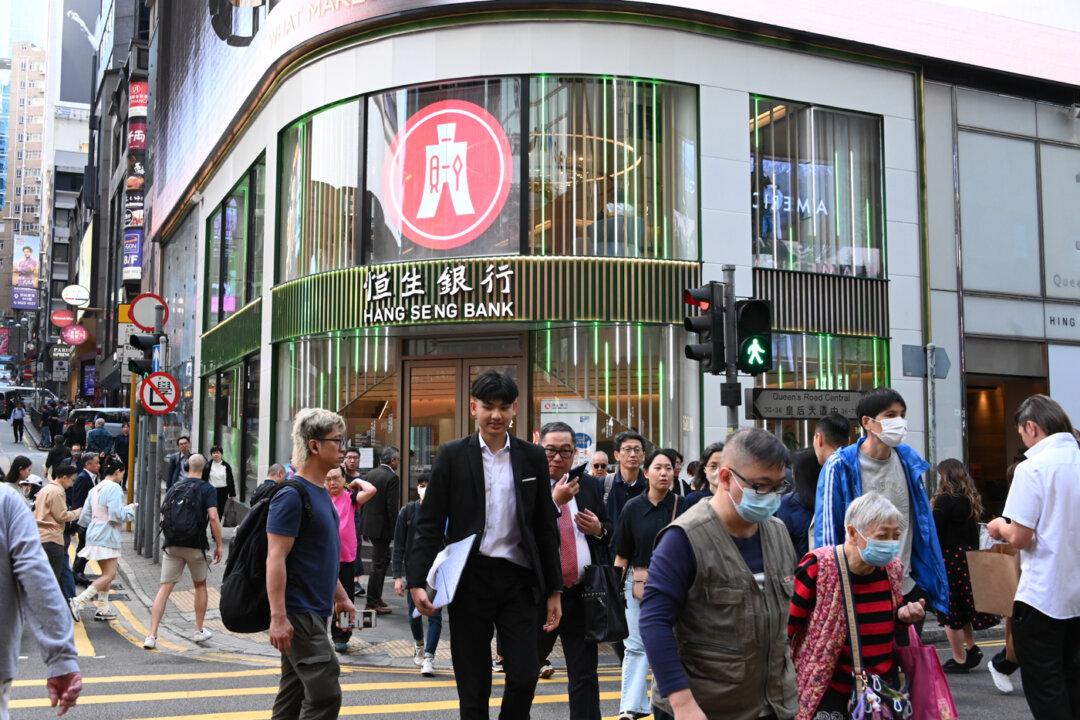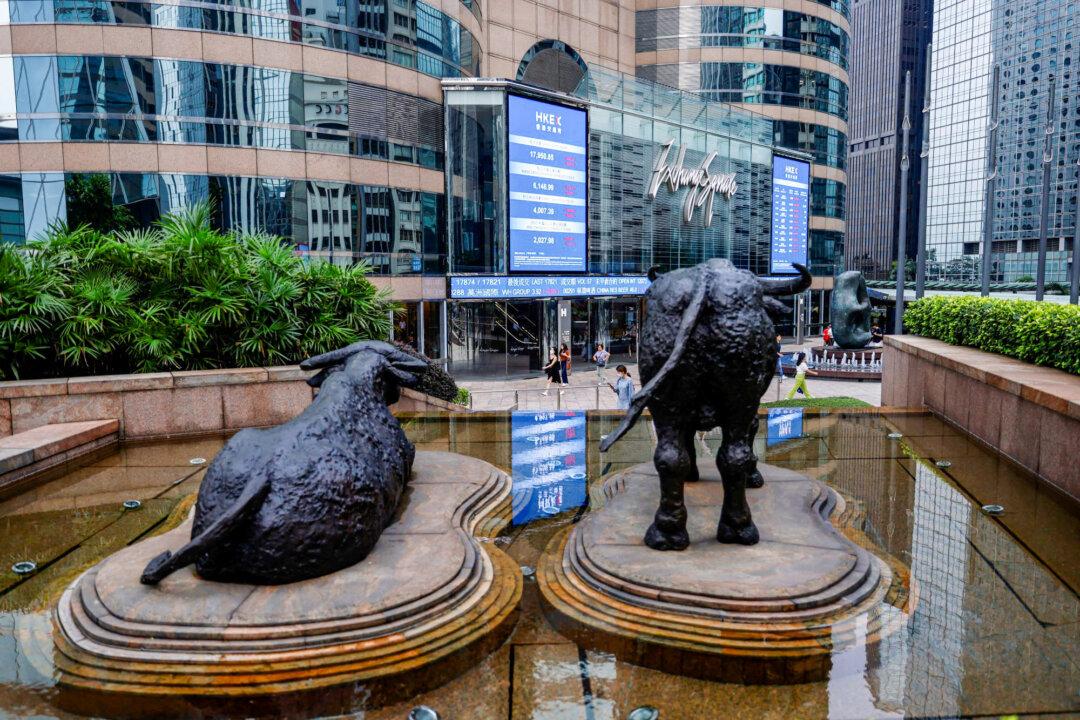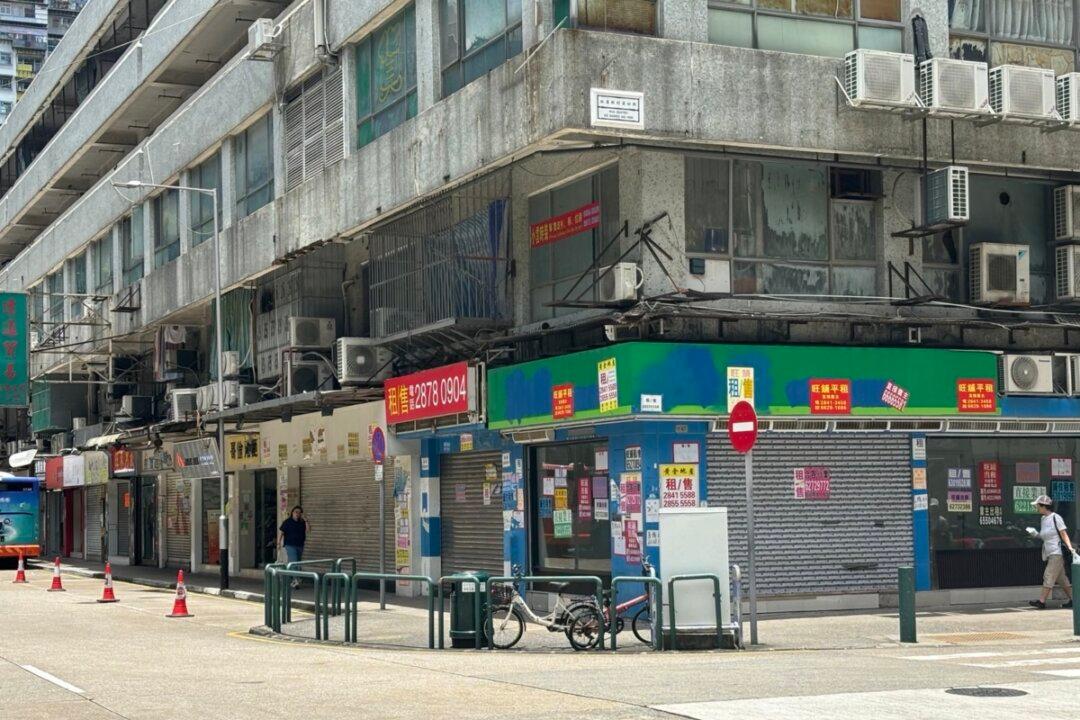In recent times, major banks in Hong Kong have been observed aggressively seeking foreign currency deposits, with some banks offering up to 13.9 percent annual interest rates on one-week foreign currency fixed deposits. The latest offerings, contrary to the previous requirement that high-interest fixed deposits must be funded by new capital, reflect the banks’ urgent need for foreign currency deposits.
The Epoch Times visited HSBC (00005) branches and found that short-term one-week foreign currency fixed deposit rates have risen across the board. The one-week rate reached 12.5 percent p.a. for the pound sterling, 12 percent for the Australian dollar and Canadian dollar, and 8 percent for the U.S. dollar. However, the three-month fixed deposit rate for the U.S. dollar was 3.9 percent.




